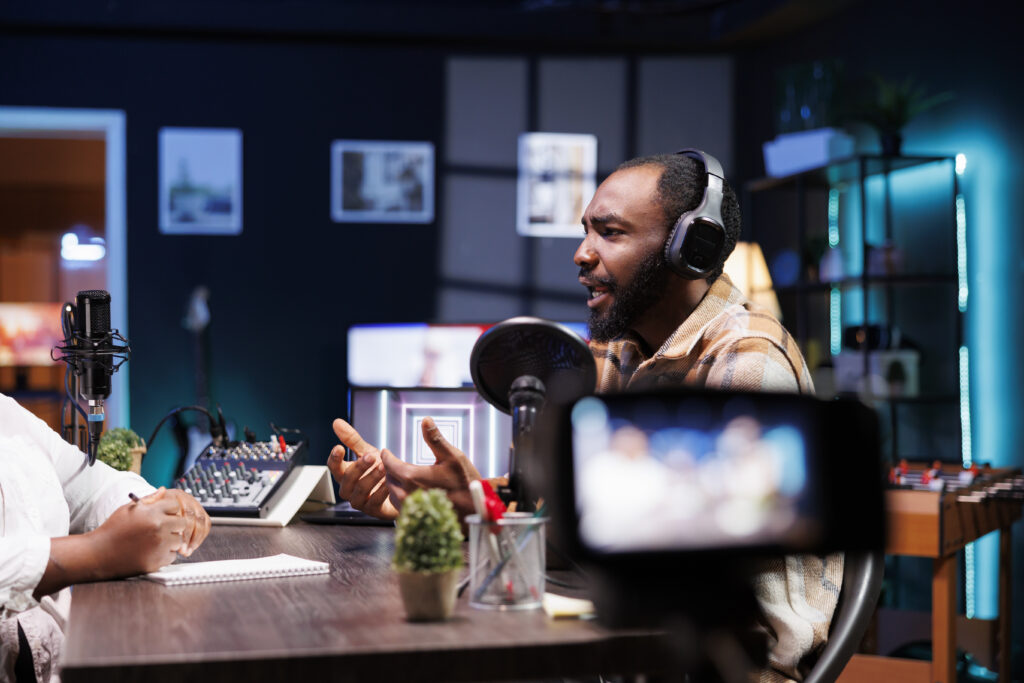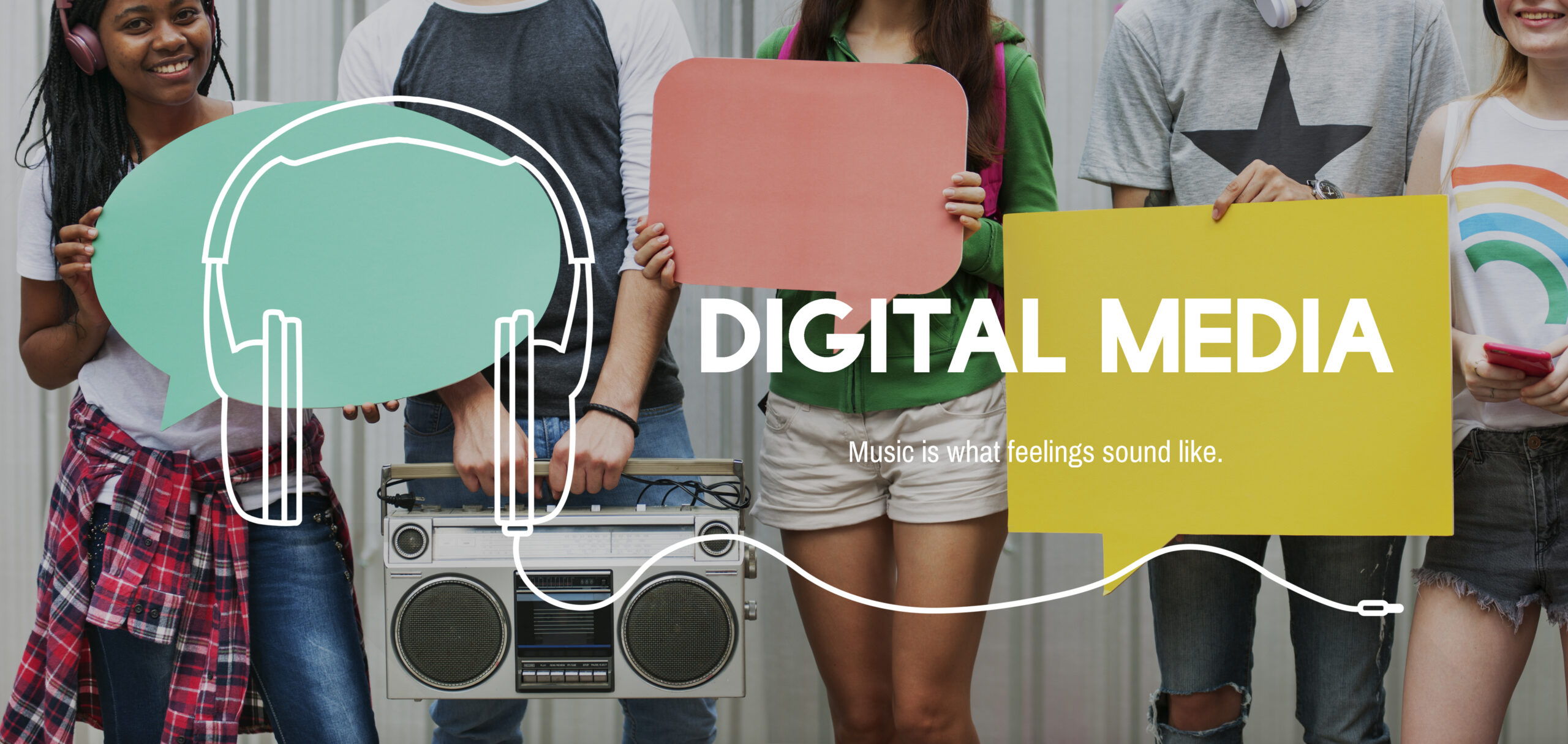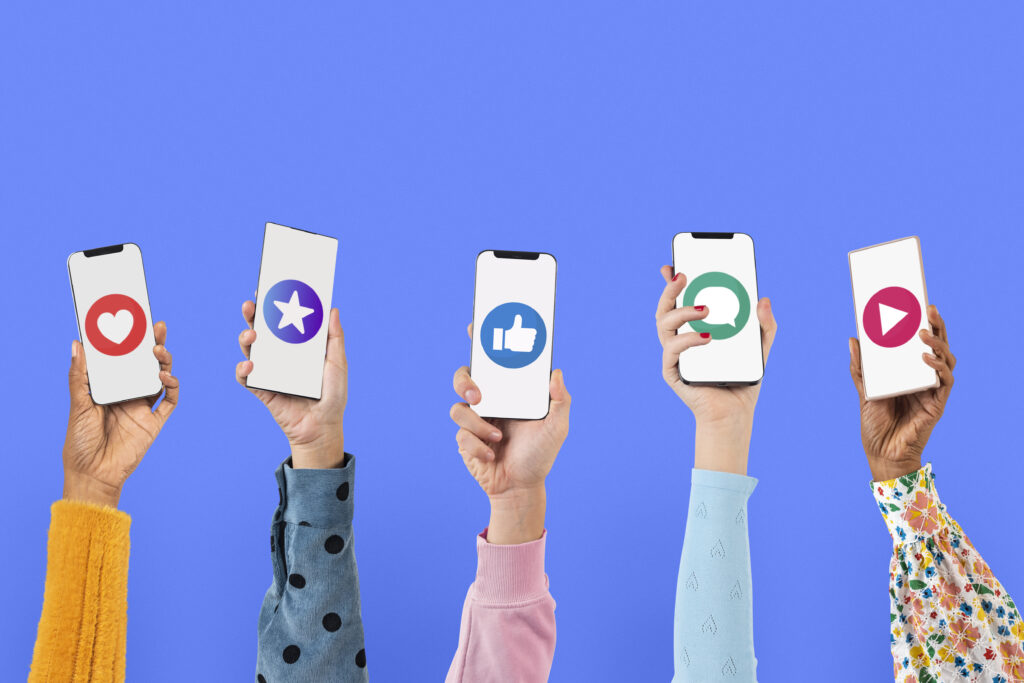Blog Post #2 Personal vs Professional Digital Identity
Reflection
I would describe my personal and professional digital identities as overall a visitor relationship with pretty discrete boundaries. Personally, I am about a 2/5 (1 being all visitor, 5 being fully resident) on the Visitor/Resident scale. I try not to engage with social media. I have not posted on a personal account in over four years, and I try not to communicate with people on social media apps because I find that the more reasons I give myself to be on them, the more likely I am to use them in a way I deem unhealthy in my life. When I was younger, I used it every day, all day, and I found I would stop hanging out with people so I could go be on my phone. At dinner with my family, I would go to the bathroom so I could look at my phone. As I grew up, I noticed how this negatively impacted my relationships with my friends and family, so I set strict boundaries on using my phone. I don’t think this should be done by everyone, but for me, because as soon as I get online, I move immediately into scrolling or engaging in content that negatively affects my self-image, I have to set stricter boundaries than most. In terms of the content I do still engage in, I use YouTube to quickly learn things like how to fix my car or to watch mini documentaries. One of my favourite channels is @Exurb1a on YouTube, he posts content regarding life’s big questions in a fun, often sarcastic way. On Instagram, I do use it about once a week to support friends because they’ll often ask if I saw their posts or talk about something as if I knew, and so to keep up, I try to keep up to date every now and then. On Spotify, I listen to a lot of podcasts, including comedy, history, news, and philosophy. Spotify is by far my most used media platform because it takes the place of music or news consumption. I still consider this visitor behaviour because I am not engaging with the creator or am embedded with the community. If I subscribed to a creator’s Patreon or read/commented in the comment section, I would consider that I would be transitioning into more of a resident.
Professionally, I am around a 3. I use Gmail and Google tools such as Docs, Sheets, and Sites every day for coursework, communication, and collaboration with professors and peers. I post discussions and portfolio pieces for EDCI and pedagogy courses, along with sharing research, lesson plans, and links to articles with peers. Personally, my privacy is mixed. Anyone can message me on Instagram, though I probably will not see it. Professionally, my privacy is mostly limited to my university, employers, and peers. When I am job seeking, it shifts to mixed or public so I can share professional information more widely. For personal use, my boundaries are clear. I do not use short-form social media such as Instagram Reels, TikTok, or Snapchat. I find short short-form content on my feed is using very polarized content that creates stronger reactions that boost engagement. I have edited content for businesses before, and I have seen this firsthand. I used to resell shoes and clothing, and I found that if I made content saying ‘this is the best thing that does xyz’ it would get more views and engagement, leading to more business because even if the comments were saying ‘no, it’s not’ it still boosts engagement, leading to more eyeballs seeing the video. This turned me off of short-form content because it showed me how the opinions online often have clear financial interest where whereas long-form content, the interest may still be there, but their opinions are more fleshed out, and so it is easier to decipher what is authentic versus what is not. But overall, I would say my professional alignment with where I want it to be is a 10 out of 10 right now. I am happy with my work-life balance. Although I probably come off as overly formal in emails or conversations, I find that it helps me keep boundaries. Additionally,
I would rate personal alignment, meaning am I comfortable with where I’m at, at an 8 out of 10. In Terms of goals, I want to stop engaging on Instagram entirely because it really does harm how I see myself and makes me overall experience more negative emotions. I’d like to also buy a dumb phone that allows Spotify, Maps, and messaging so I can be more present. Schedule a short daily window to respond to people. I will judge success by how I feel and whether I stay timely without getting pulled back into platforms I am trying to avoid.
Connection to Course Resource
Takeaways
Where My Reflection Aligns
Deliberate control of footprint. In Nicola’s talk, she stresses the importance of being in control of your digital footprint. I align with this heavily as I understand what it’s like for social media to control you instead of you utilizing it. I also made the mistake of posting things I regretted as I got older, and Nicola stresses knowing the intention behind your posts and how it could impact your future

Different identities for different audiences. Nicola emphasizes the importance of our on-stage/off-stage selves, which I follow well with how I keep my personal socials private, along with keeping my professional communications separate and always, well, professional.
Visitor-style use can be healthy. Nicola’s talk emphasizes that not everything must be public or serious; the key is being intentional. This aligns well with my ideas of wanting to have control over my media usage. I want to turn on my phone and know why I turned it on and have a purpose behind it.
Where My Reflection Differs
Value of a visible presence. The speaker stresses the upside of media use, such as networking and jobs can come from being findable online. Because I prefer minimal posting and even plan to use a dumb phone, this may limit those upside-down effects. This is why I am planning to create a small, intentional professional “anchor.”
Active privacy management. The TED talk notes that most people rarely check privacy settings and urges active control of audiences and tags. I definitely slack in this area as I have never read a terms of service, I always say yes to cookies, and my personal social media allows people to message me. I’m going to change this now, especially because a couple of years ago, a bunch of my friends and family got hacked from public chats.
Personality vs strict formality. Nicola talked about having a bit of personality online is fine and often helpful. I definitely lean on the stricter side of media use. This could lead to me getting less opportunities both personally and professionally. I think as I transition into a more professional life, I might start to change this, but for now, I am happy where I am at.
Quote of The Day
“The digital environment is as much where people live as the physical environment.”
— David White.

